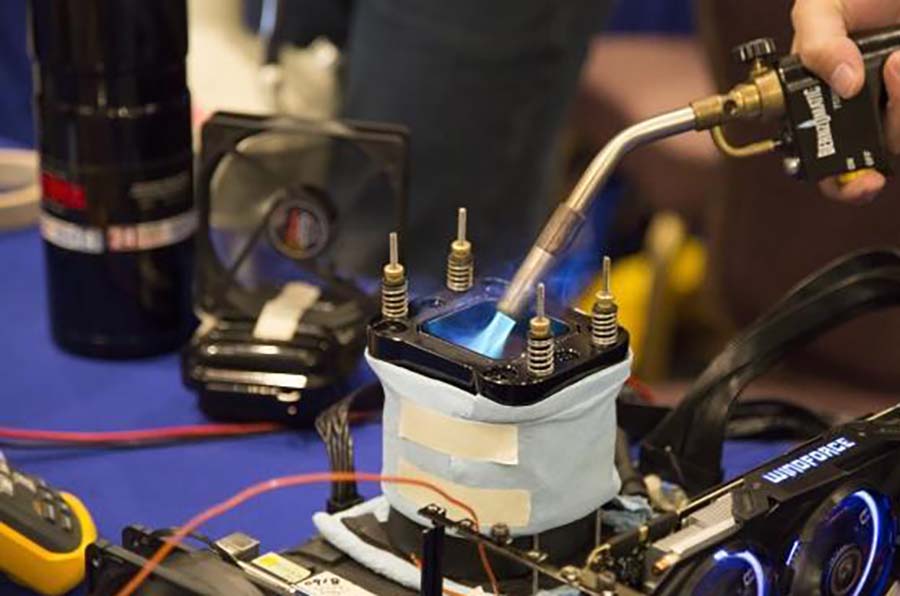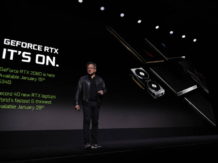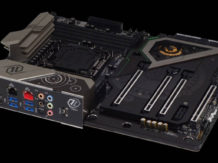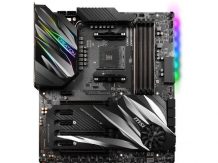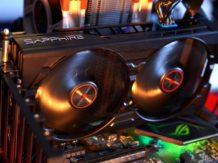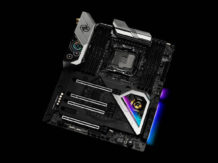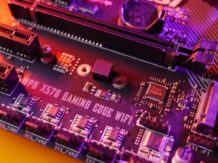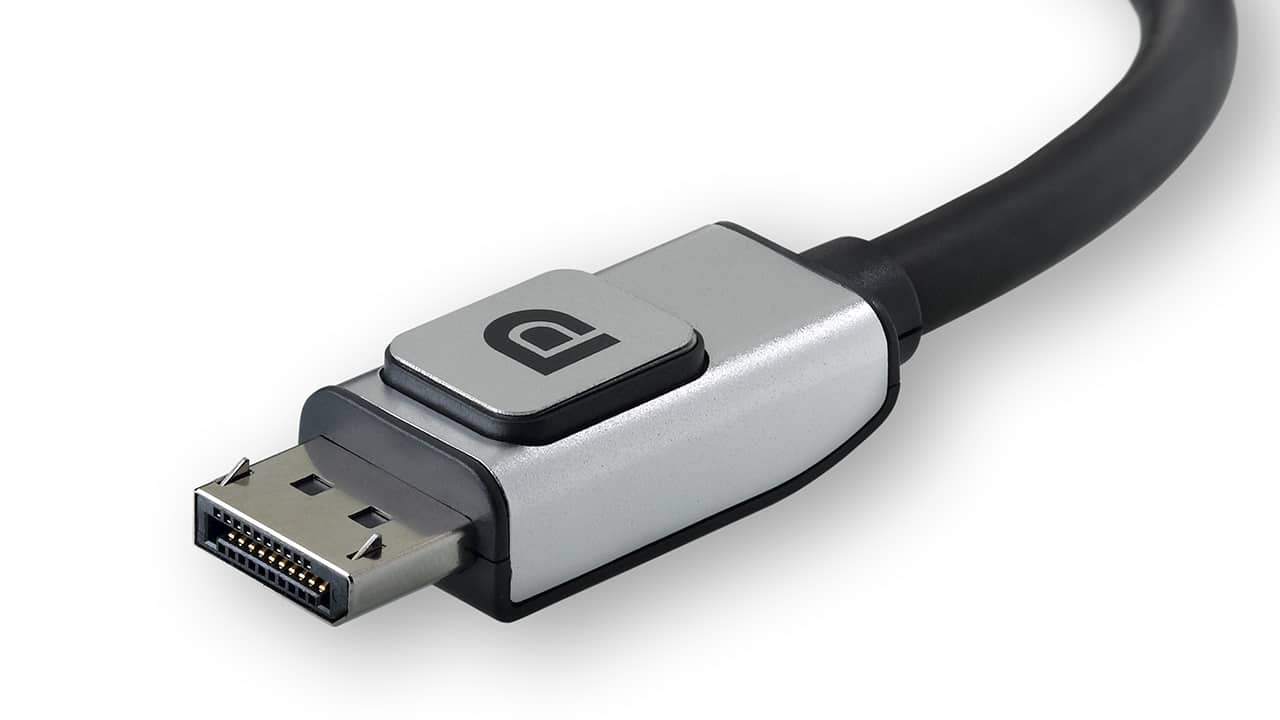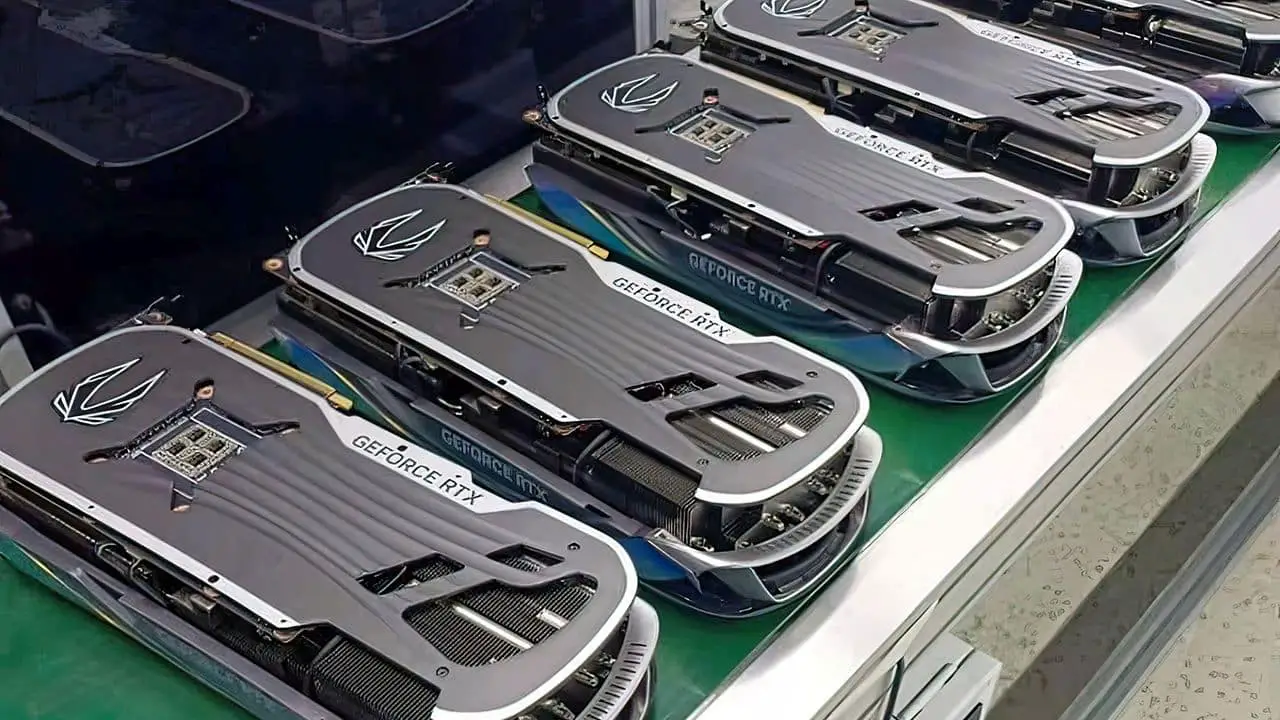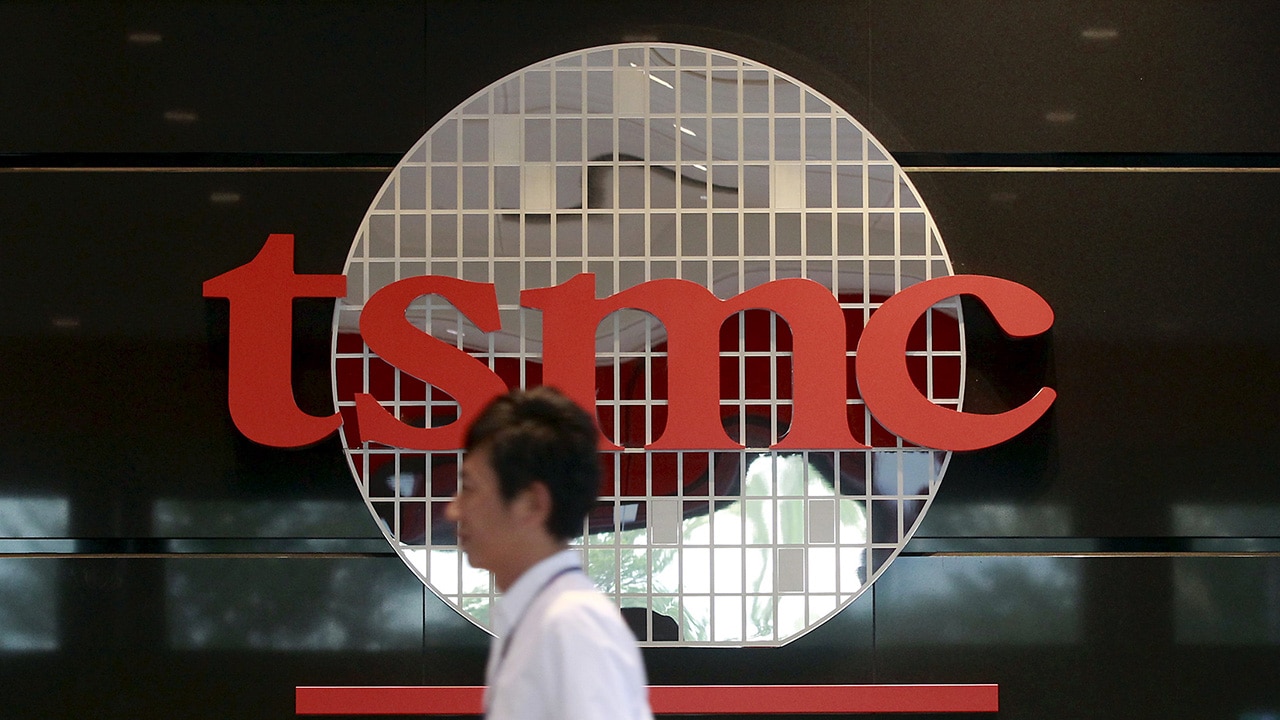This week we learned that the new Intel’s i9-12900K reached 8GHz with extreme overclock, But today Twitter user Doc TB, who is the person who developed the CPU-Z Validator, has said that Gigabyte’s 8 GHz world record with Intel’s Core i9-12900K processor is not real.
Almost everyone reported that 8 GHz overclocking on Alder Lake, supported by screenshots from the CPU-Z Validator. Well, here is why it’s very unlikely that this CPU really reached 8 GHz. ⤵️
PS: I’m the developer of the CPU-Z Validator.https://t.co/c7V5xKFq7N— Doc TB (@d0cTB) November 4, 2021
Extreme overclockers use CPU-Z to validate the authenticity of their overclocks. In fact, it is a requirement to overclock HWBot, a very popular database among the community that stores benchmark scores and world records. Therefore, the CPU-Z team was constantly in contact with motherboard manufacturers and in this case Intel about Alder Lake overclocking.
According to the developer, the team started seeing fake overclocks ranging from 8 GHz to 12 GHz with the first samples from Alder Lake.
Apparently, there is an error in the silicon that when it has the multiplier above 63, it marks anything. In some cases, the PLL of the internal CPU is not maintained, so it remains with the previous configuration while reporting the new one. Although the bug had been discovered before launch, it was too late to patch it to a silicon level. Also, it is a problem that does not affect 99.99% of Intel users.
Although the problem was not significant for regular users, Intel has a solution. The solution is a microcode update. Once enabled and configured properly, the CPU makes sure to lock the PLL when it exceeds the multi of 63. The CPU-Z team implemented this fix in CPU-Z 1.98. Additionally, Doc TB implemented multiple checks with CPU-Z Validator, including microcode version, kernel throttling, a registry check to abort results that exploited that bug.
Since then, Doc TB has provided some statistics on Alder Lake’s overclocking. Apparently reaching 7 GHz on all cores is possible, however the maximum OC with a single core ranges from 7.5 GHz to 7.6 GHz. In fact, many processors struggle to get to 7.5 GHz, and overclockers were outnumbered by a few. to others with a few MHz at best. We are talking about more than 100 different CPUs.
Certainly these things the wise HiCookie, Gigabyte’s overclocker, but What is strange is that the company began promoting the 8 GHz overclock on social media and in a press release.
HiCookie, validated the 8 GHz overclock on Nov 3 using CPU-Z 1.98, which already has the microcode implementation. And that the overclocker did not send the result to HWBot seems quite suspicious. Even if the result is legitimate, Doc TB believes that the overclocker is bypassing Intel’s solution as it has access to the BIOS source code, which many overclockers who work with motherboard companies do.
The CPU-Z team has its hands tied and therefore only Intel can solve the problem using new hardware or other microcode patch. It’s true that Intel probably won’t waste more resources just to fix a bug that only overclockers have.
On the other hand, if Gigabyte’s overclocking is a marketing gimmick, it will not only damage the company’s credibility, but it will also tarnish the reputation of HiCookie (which is one of the most respected personalities in the extreme overclocking scene).





